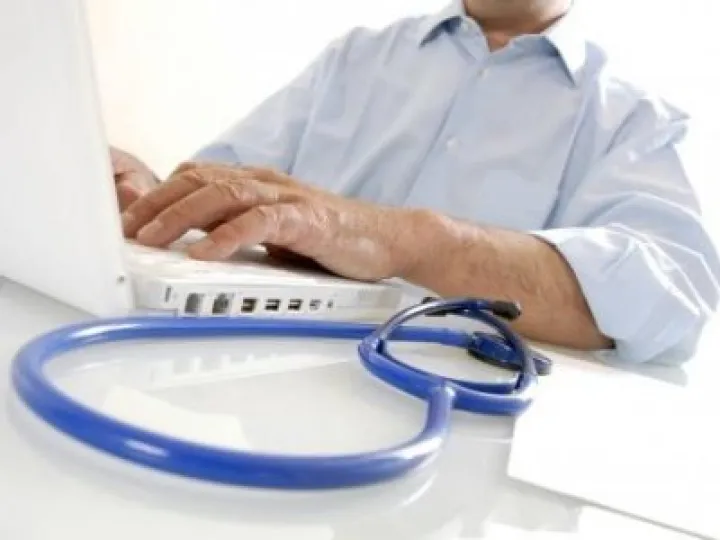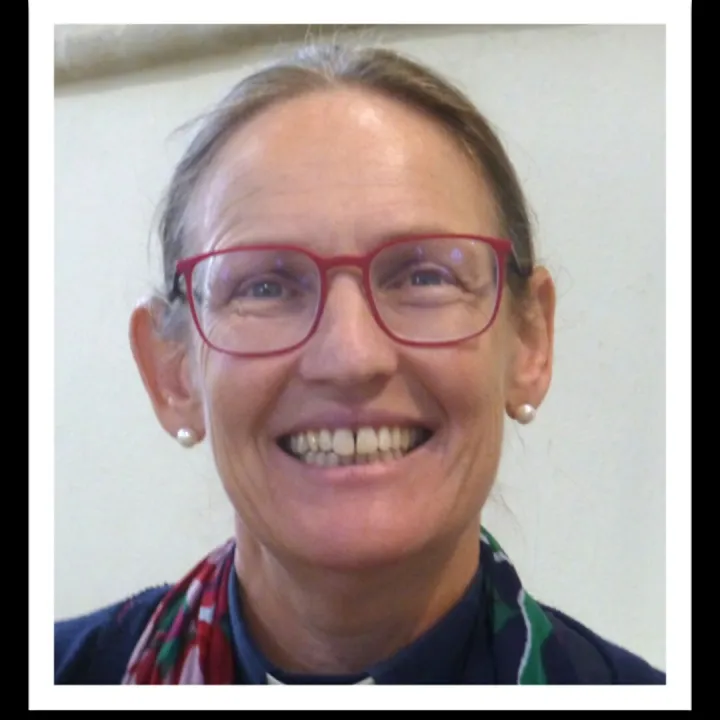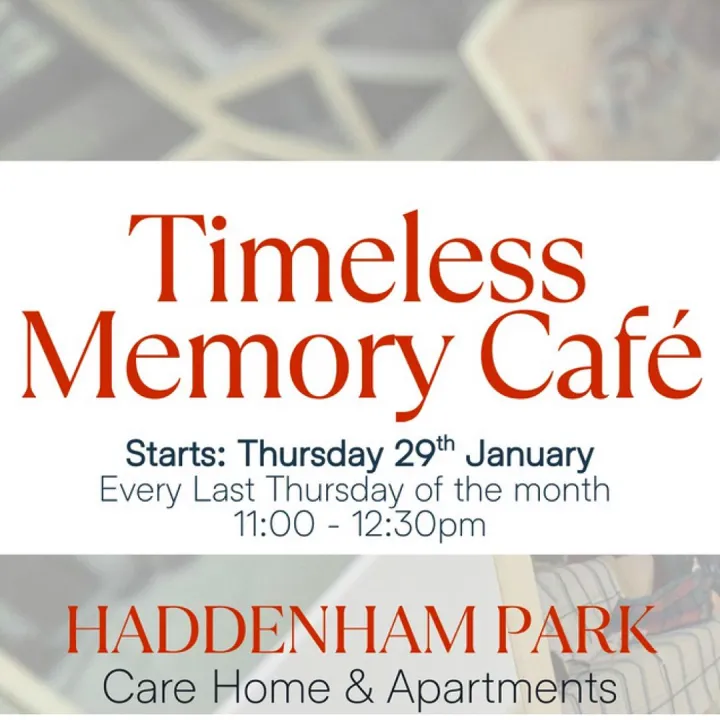"The Computer Says No!"
Regular visitors to Haddenham.net may wonder why we publish so many health-related articles. One important reason is that maintaining our health and wellbeing comes high on the 'most wanted' list of most individuals – even though we may take good health for granted until we suffer sickness or injury. A second factor is that the editor of this website is also closely involved in the Patient Participation Group* of Haddenham Medical Centre, and is keen to build an effective communication channel between professional healthcare staff and the local patient population.
In the latest edition of the British Medical Journal, a primary care physician writes about the evolving role of GPs, and laments the ways in which computer systems have got in the way of good medical practice. What do you think?
.....................................................................................................................................................................
"The Computer Says No"
Dr David Loxtercamp was an early adopter of the electronic health record. As a family physician in America, he revelled in how much it simplified and organised his practice. Thirteen years on, the benefits are still clear to him: fewer prescribing errors and closer adherence to evidence based guidelines. But he also now has a clearer sense of what has been lost along the way.
His concerns will be familiar to any doctor working within a computerised and performance managed healthcare system. He talks of the "shift in our gaze" away from the things that matter to patients, to their "physiology and chemistry and to our performance in managing it."
With the practice computer we have, he says, created a monster that now directs the patient encounter, and which itself needs care and feeding.
Doctors are experts at knowing what to know in order to earn their brownie points, he says. And if they are rewarded for collecting data rather than talking to patients, that's what doctors will do.
Space for talking, or more importantly listening, to patients is squeezed out by the pressure to complete chronic disease flow charts and checklists of overdue prevention measures.
Perhaps this would matter less if there were a real sense that such activities improve health. But we know that routine health checks don't reduce mortality or rates of illness. And writing in the British Medical Journal, Dr Loxterkamp lists many other interventions that have been foisted on an unsuspecting public in the name of preventive health but subsequently have been found to be useless or even harmful.
So what's to be done?
He thinks that doctors must, and can, reassert mastery over the electronic record and its "data trove." His prescription is threefold:
- to acknowledge the person beneath their set of symptoms
- to base the treatment plan on the best information
- and to ask patients if their concerns have been heard and their needs met.
It sounds easy enough, but how often does it happen in practice? Somehow, in the face of intense time pressure and competing priorities, doctors have to remember that (as Loxterkamp concludes) "patients are not only data fields for the doctor to harvest, objects to be imaged, or problems to be solved. They are also our neighbours asking for help."
Fiona Godlee, BMJ: 27 Sep 2013.
............................................................
* The Haddenham PPG is open to any patient registered with the Haddenham Medical Centre. If you like to get involved, please see here.







